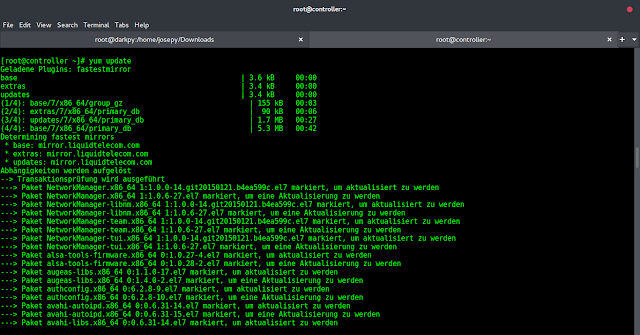The Java string endsWith() method checks whether the string ends with a specified suffix. This method returns a boolean value true or false.
Syntax of endsWith()
The syntax of String endsWith() method in Java is:
public boolean endsWith (String suff);
Parameters
- suff: specified suffix part
Returns
- If the string ends with the given suff, it returns true.
- If the string does not end with the stuff, it returns false.
Examples of String endsWith() in Java
Example 1: Java Program to show the working of endsWith() method
Java
class Gfg1 {
public static void main(String args[])
{
String s = "Welcome! to Lazyroar";
boolean gfg1 = s.endsWith("Geeks");
System.out.println(gfg1);
}
}
|
Example 2:
Java
class Gfg2 {
public static void main(String args[])
{
String s = "Welcome! to Lazyroar";
boolean gfg2 = s.endsWith("for");
System.out.println(gfg2);
}
}
|
Example 3:
Java
class Gfg3 {
public static void main(String args[])
{
String s = "Welcome! to Lazyroar";
boolean gfg3 = s.endsWith("");
System.out.println(gfg3);
}
}
|
Example 4: Java Program to check if the string ends with empty space at the end.
Java
class Gfg3 {
public static void main(String args[])
{
String s = "Welcome! to Lazyroar";
boolean gfg4 = s.endsWith(" ");
System.out.println(gfg4);
}
}
|
Example 5: Java Program to show the NullPointerException when we pass null as the parameters to endsWith()
Java
class Gfg3 {
public static void main(String args[])
{
String s = "Welcome! to Lazyroar";
boolean gfg3 = s.endsWith(null);
System.out.println(gfg3);
}
}
|
Output
Exception in thread "main" java.lang.NullPointerException
at java.base/java.lang.String.endsWith(String.java:1485)
at Gfg3.main(Gfg3.java:13)




